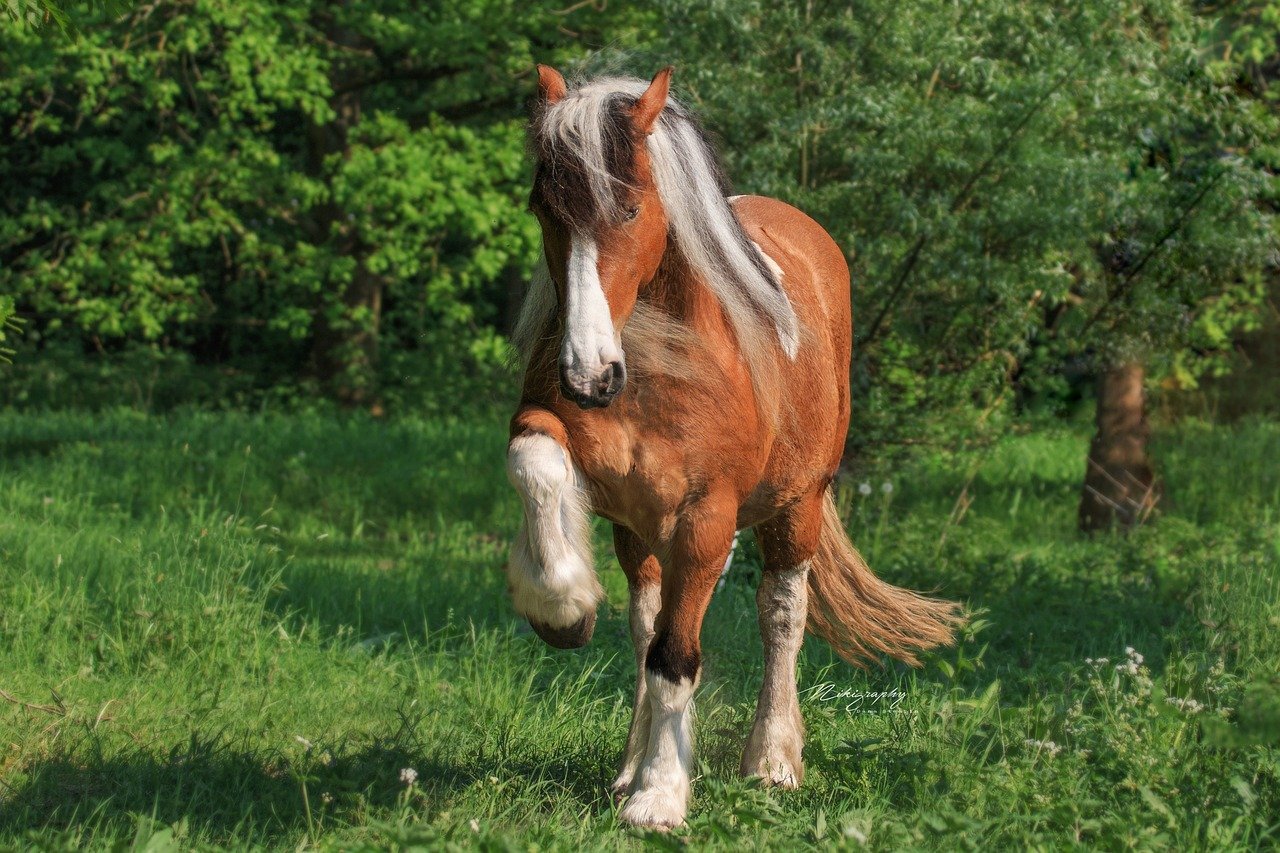Owning a horse is not just about having a magnificent creature to ride; it’s about forming a bond that lasts a lifetime. Horses, like any other pet, require daily care and attention to thrive. While it might seem daunting at first, establishing a routine ensures your horse remains healthy and content. Let’s explore the 13 daily horse care routines that every horse lover should adopt to ensure their equine companion leads a vibrant life.
1. Morning Greetings and Observations
Starting the day with a warm greeting sets a positive tone for both you and your horse. As you approach, observe your horse’s behavior and demeanor. Are they bright-eyed and alert? Any signs of distress or discomfort? This is also an excellent opportunity to check for any injuries or unusual behavior. Horses, much like people, have their unique personalities and moods. A change in their usual behavior might be an early sign that something’s amiss. Understanding these subtleties can help in addressing any potential health issues before they become significant problems.
2. Providing Fresh Water
Water is essential for a horse’s health, just as it is for humans. Horses need access to clean, fresh water throughout the day. On average, a horse drinks about 5 to 10 gallons of water daily, depending on their activity level and the weather. Ensure that their water troughs are clean and free of algae or debris. In colder months, it’s crucial to check that the water hasn’t frozen over. Hydration is vital for digestion, circulation, and overall well-being. Remember, a well-hydrated horse is a happy horse.
3. Feeding a Balanced Diet
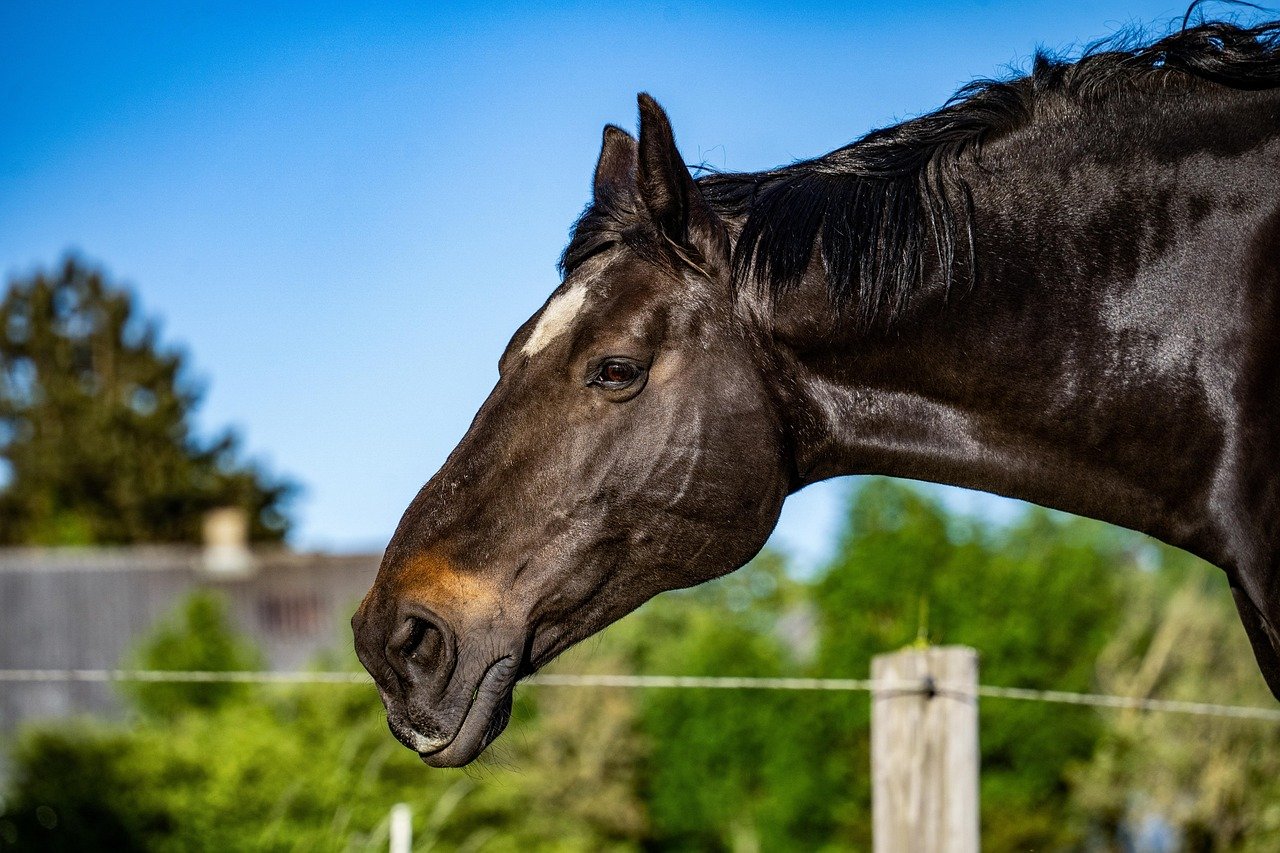
A horse’s diet is the cornerstone of its health. Depending on their age, weight, and activity level, your horse’s dietary needs may vary. A mix of hay, grains, and supplements can offer a balanced diet. The key is ensuring they receive the right nutrients without overfeeding. Overeating can lead to obesity and other health issues. Think of your horse as an athlete; they need the right fuel to perform at their best. Regularly consult with a veterinarian or an equine nutritionist to tailor the best diet for your horse.
4. Grooming for Health and Bonding
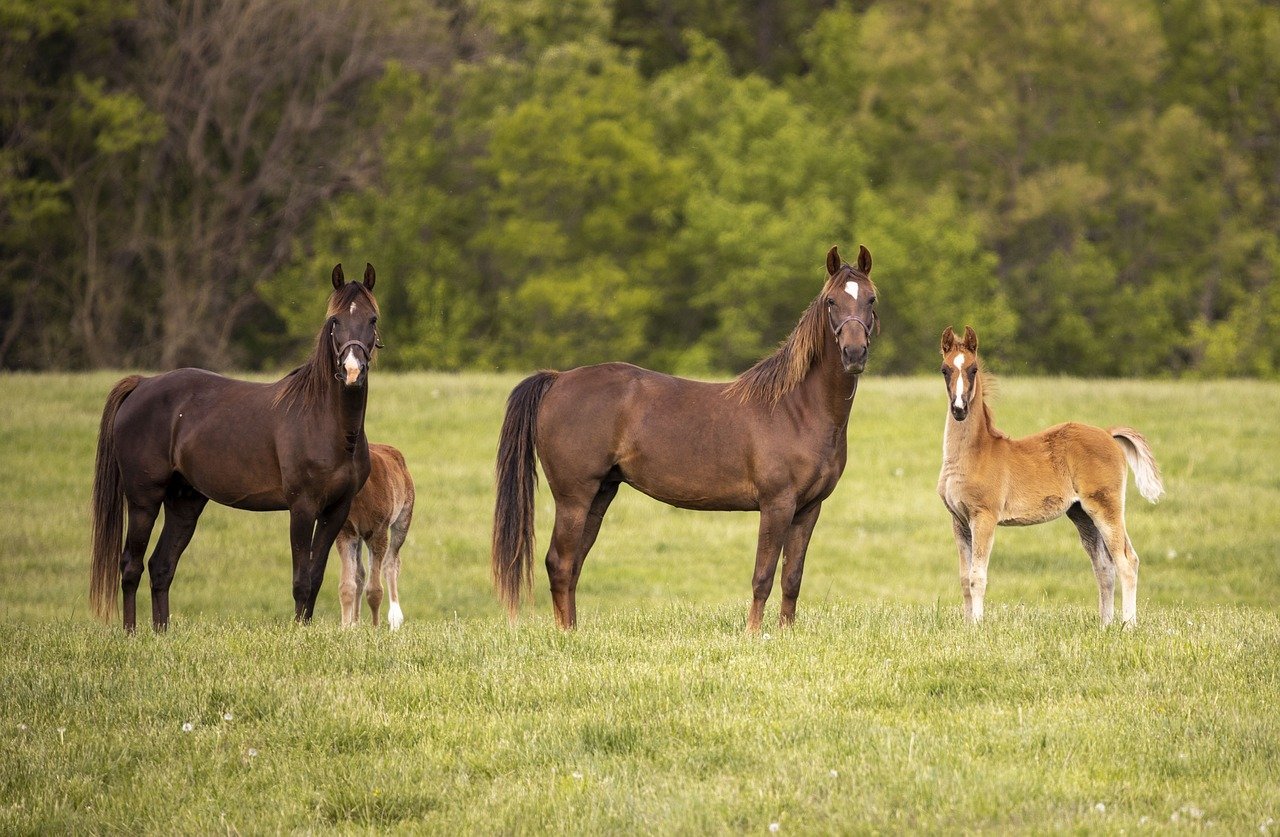
Grooming is more than just keeping your horse looking good; it’s a bonding experience and a health check rolled into one. Daily grooming can help in identifying skin issues, ticks, or injuries. Use a curry comb to loosen dirt and stimulate blood flow, followed by a body brush to remove the loosened dirt and hair. Don’t forget the mane and tail, which can harbor tangles and debris. Grooming is an intimate time for you and your horse, fostering trust and understanding between you.
5. Regular Hoof Care
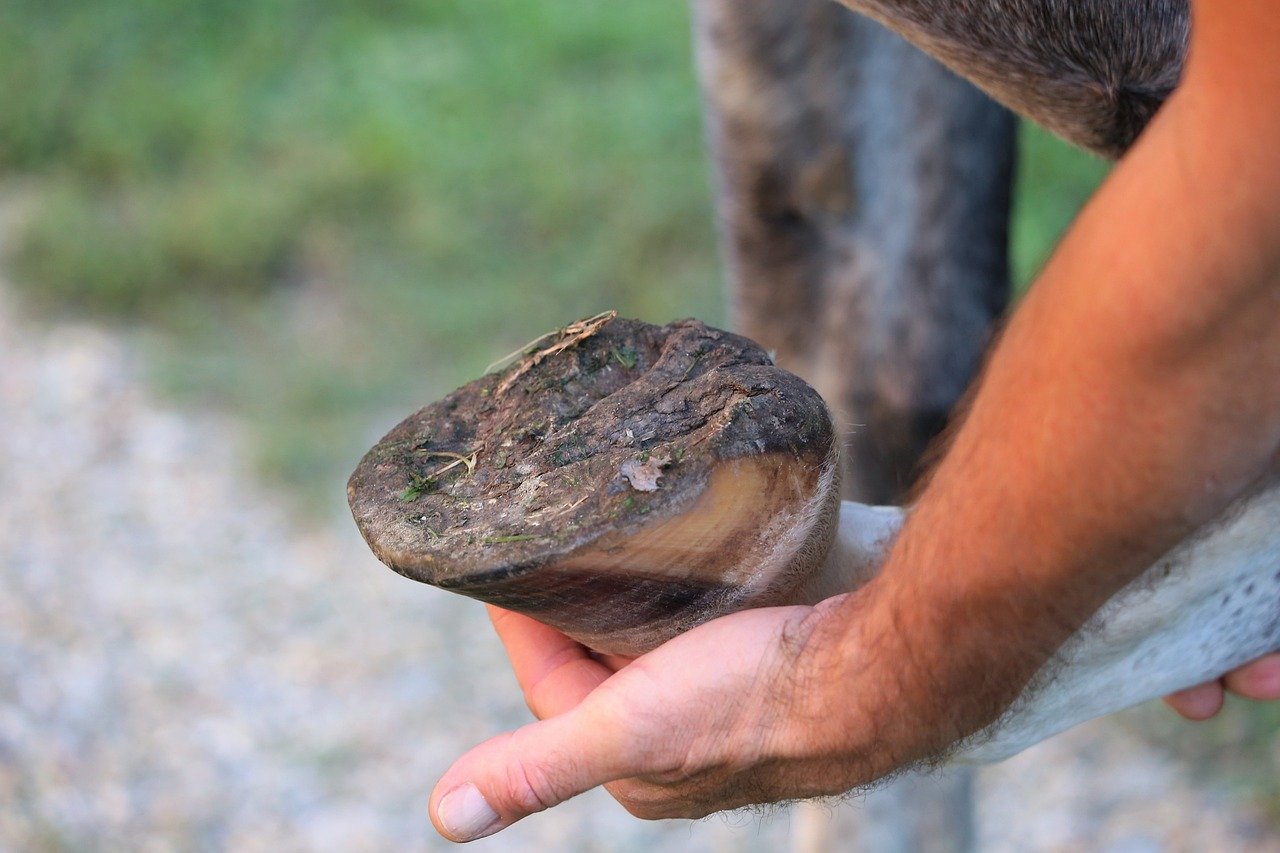
“Without a horse’s hoof, there is no horse.” This age-old saying underscores the importance of hoof care. Horses need their hooves picked daily to remove dirt, stones, and debris that can cause discomfort or infections. Regular visits from a farrier are essential to keep the hooves trimmed and balanced. Think of it as a routine pedicure for your horse. Healthy hooves are crucial for your horse’s mobility and overall health. Neglecting hoof care can lead to serious issues like laminitis or abscesses.
6. Exercise and Play
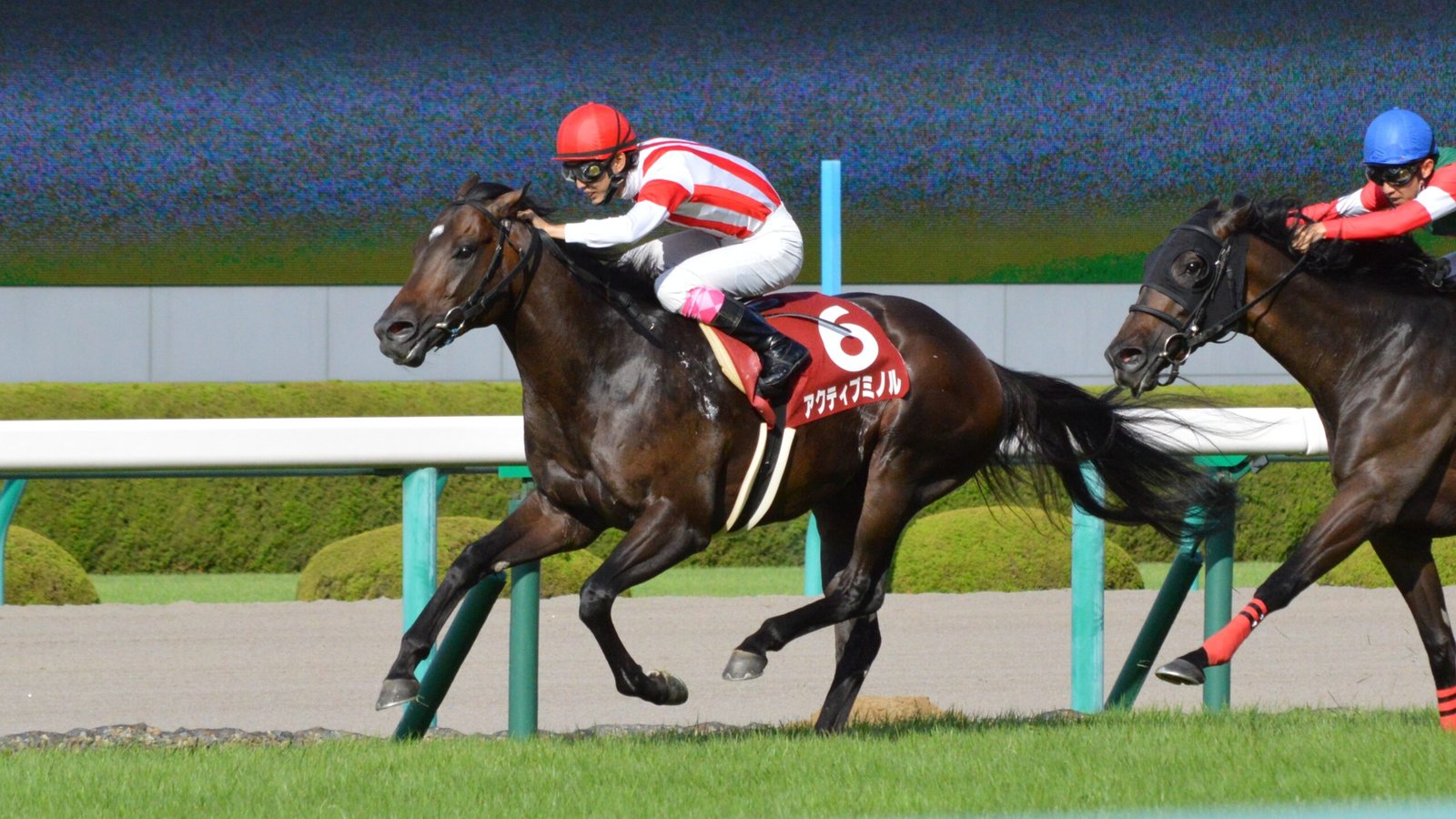
Horses are naturally active animals and need regular exercise to stay fit and mentally stimulated. Whether it’s a ride, a run in the pasture, or playful interaction, physical activity is crucial. Exercise helps in maintaining muscle tone, promoting digestion, and preventing boredom. Boredom can lead to undesirable behaviors like cribbing or weaving. Consider varying your horse’s routine with different activities to keep them engaged. After all, a playful horse is a happy horse.
7. Ensuring a Comfortable Living Environment
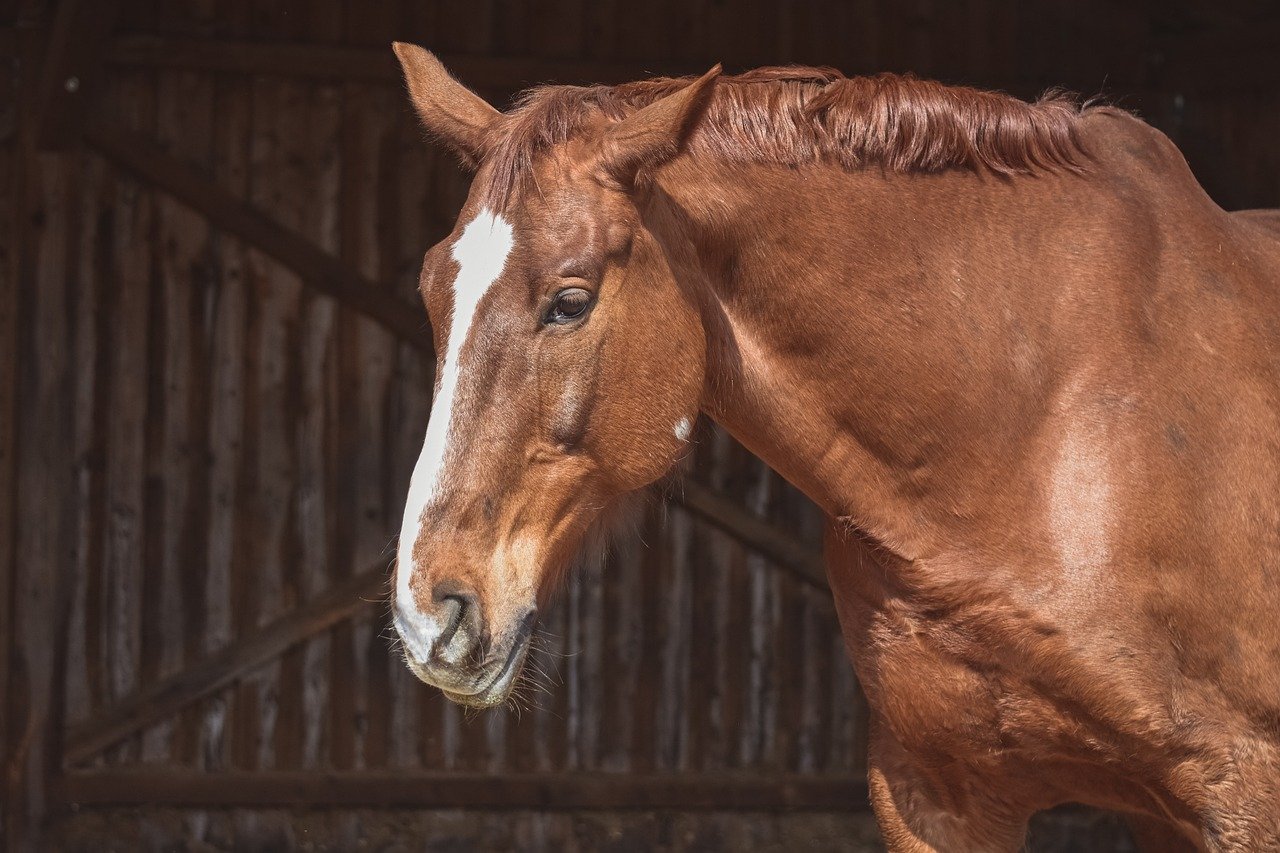
The environment where your horse lives plays a significant role in their overall well-being. Ensure their stall is clean, dry, and well-ventilated. Fresh bedding should be provided regularly to avoid respiratory issues and discomfort. If your horse spends time outdoors, ensure the pasture is free of hazards and has adequate shelter from the elements. A comfortable living space is akin to a cozy home for your horse, providing them with a sense of security and contentment.
8. Social Interaction with Other Horses
Horses are herd animals and thrive on social interaction. Allowing them to interact with other horses can reduce stress and improve their mental health. Whether it’s grazing side by side or playing in the pasture, these interactions are vital. Consider grouping compatible horses together to foster friendships and minimize conflicts. Just like humans, horses benefit from companionship, which can lead to a happier and more balanced life.
9. Routine Health Checks
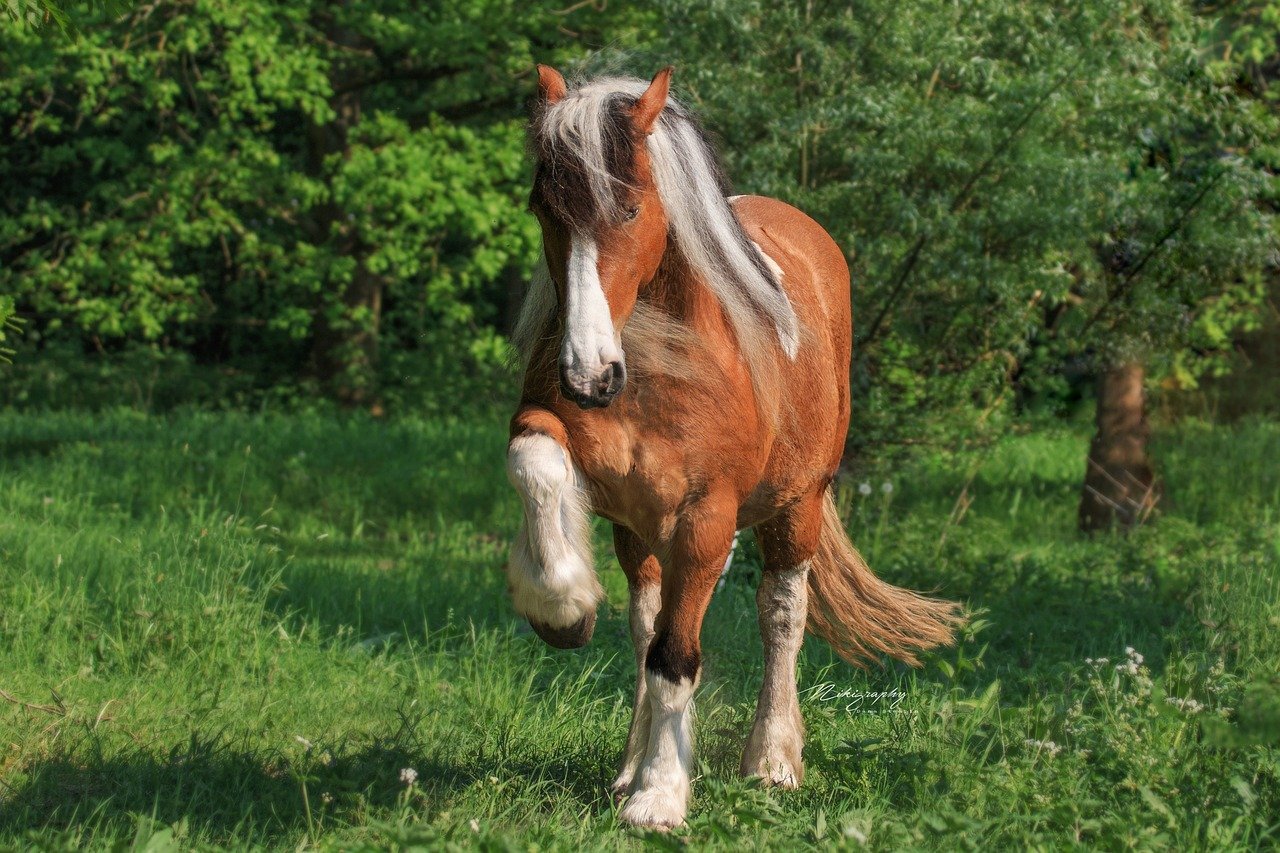
Regular health checks are crucial for early detection of potential issues. Monitor your horse’s weight, check their eyes, ears, and mouth for any abnormalities, and ensure they’re up-to-date with vaccinations and deworming. A routine health check is akin to a regular doctor’s visit for us. It ensures any problems are caught early, preventing more serious issues in the future. Consulting with a veterinarian for a thorough check-up at least once a year is advisable.
10. Tack Maintenance
Your horse’s tack is not just a tool; it’s a bridge between you and your horse. Regularly inspect your saddles, bridles, and other equipment for wear and tear. Clean and condition leather items to prevent them from becoming brittle. Properly fitting tack ensures your horse’s comfort and prevents injuries. An uncomfortable saddle can lead to back pain or sores. Think of tack maintenance as ensuring your car is in top shape before a long drive.
11. Dental Care

A horse’s teeth grow continuously, and dental issues can lead to serious health problems. Regular dental checks ensure that their teeth are in good condition and their bite is aligned. Horses with dental issues might have difficulty eating, leading to weight loss and malnutrition. A qualified equine dentist should check your horse’s teeth at least once a year. Proper dental care is crucial for your horse’s health and longevity.
12. Parasite Control
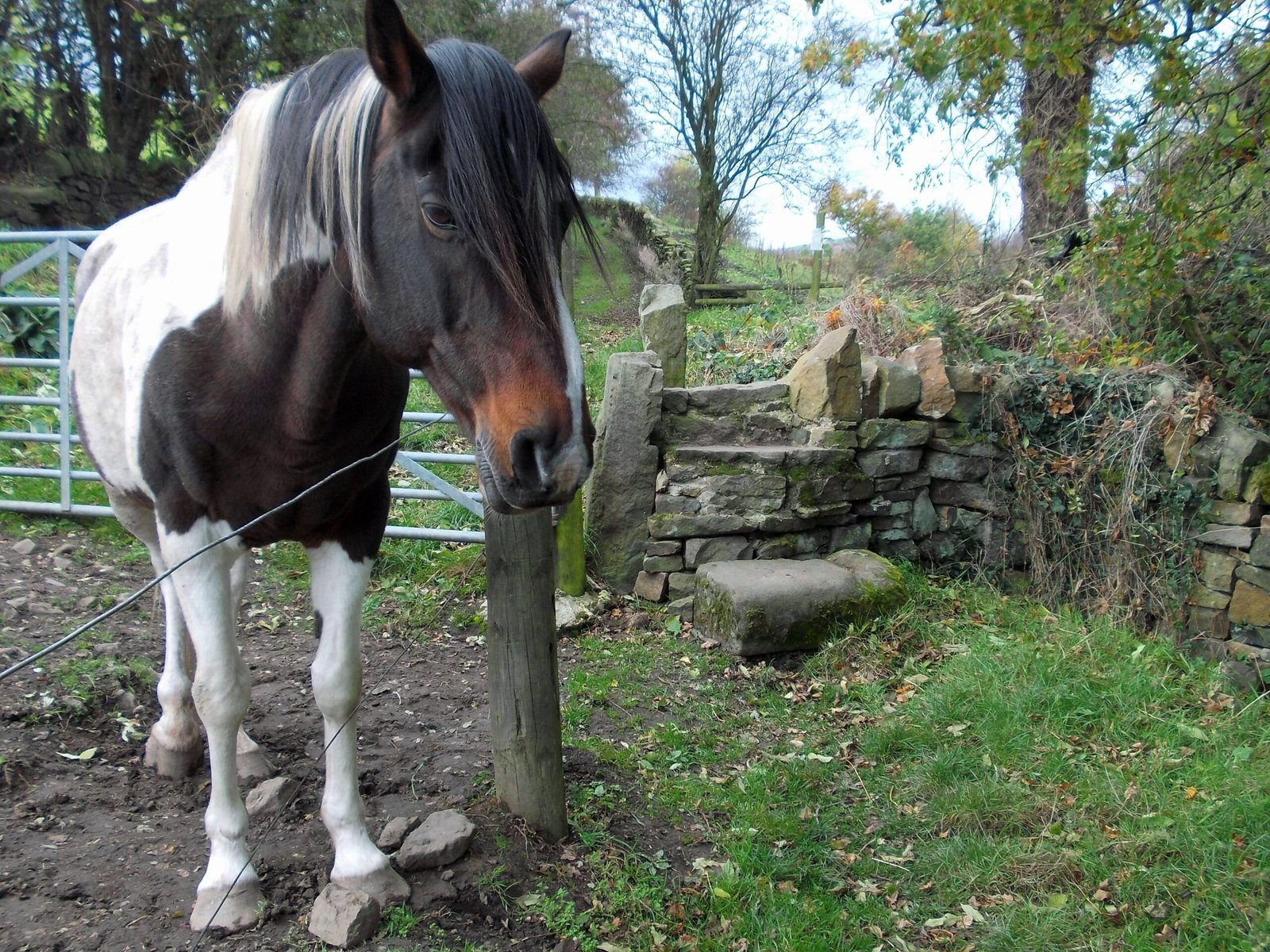
Parasites can wreak havoc on a horse’s health, leading to weight loss, colic, and other serious issues. Establish a regular deworming schedule based on your veterinarian’s recommendations. Additionally, maintaining clean living conditions and rotating pastures can help minimize parasite infestations. Parasite control is a proactive approach to ensuring your horse’s health, much like taking vitamins to boost our immune system.
13. End-of-Day Reflection and Care
As the day winds down, spend a few moments with your horse to reflect on the day’s activities. Check for any injuries or changes in behavior. Ensure they have a comfortable place to rest and plenty of fresh water for the night. This end-of-day routine is an opportunity to strengthen your bond and ensure your horse is set for another healthy day. It’s like tucking a child into bed, ensuring they’re safe and sound.
Incorporating these daily routines into your care regimen will not only keep your equine friend healthy and happy but will also deepen the bond you share. Horses are magnificent creatures that offer companionship, joy, and adventure. By dedicating time and effort to their daily care, you’re ensuring a lifetime of happiness for both you and your horse.

